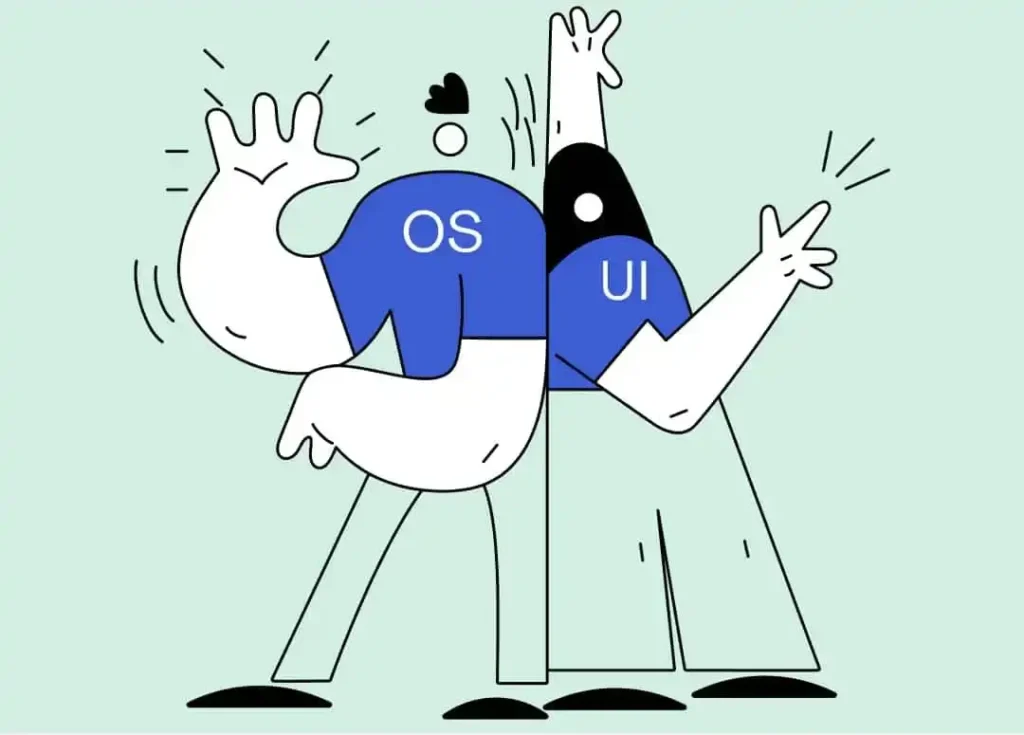Third in our Meaningful Workplace series.
Disillusioned by the age of conspicuous consumption, worried by the state of the planet and its people, rocked by war, corruption, and financial crises, and immersed in a swirl of information, news, opinion, and gossip, people are searching for meaning in their lives.
Today they feel a need to align with people, ideas, and companies that make them feel they’re part of something bigger than themselves.
People are seeking a sense of purpose, a reason for being, and the answer to the question, “Why is this good?” Today their idea of good is shaped by an increased awareness of their own needs, beliefs, interests, and aspirations – and a heightened concern for the planet and empathy for its people.
Wanting to feel good about what they are doing
These factors have made people more discerning than ever.
They no longer simply accept slick marketing messages. They scrutinize the products they buy, the companies they buy from, and the employers they consider. They reject products, companies, and employers that don’t share their values, mutual ambitions, or offer the opportunity for a meaningful connection.
We believe people seek out employers that clearly state – and live out – their meaningful ambition for the greater good. They don’t simply want to feel good, they want to feel their jobs are creating good for themselves, for the company, and for the world.
Ambivalence at work
“Where do you find people, our most important asset, on a balance sheet? Under expenses.” –Paul Herman, HIP investor
Business has long been focused on producing widgets, growing market share, managing costs, and delivering shareholder value. And, while employees are a very costly factor, both in terms of monetary and management time, the process-driven, measurement-hungry, and org chart world of business has been lacking in human respect, empathy, and meaning.
As such, businesses have been far more focused on the “what” and “how” of their enterprise — and have played scant regard to the “why.”
Lacking a compelling reason for being, it’s not unreasonable that employees might feel ambivalent about their work and their employer.
Emotionally neutral to employees
Also, most businesses haven’t yet figured out how to evoke positive emotions in a credible and meaningful way. They may know how to stage a glitzy motivation campaign that cause short-term bumps in performance, but they don’t realize the value in consistently and subtly evoking a set of positive feelings through their attitudes, behavior, and actions.
As such, most workplaces feel pointless and emotionally neutral to employees, hence the litany of employee-related problems and challenges facing today’s business leaders. To thrive in a hyper-competitive, fast-accelerating, and harder- to-differentiate-within world, businesses need to rethink how they reach out to employees.
It’s time for businesses to make their workplaces more meaningful.
Did you miss Part 1 and 2 of this series?
Read Being Meaningful: It’s the Key to Better Engaging Your Employees and Getting Employees to Respond Positively.
This series is excerpted from a white paper titled The Meaningful Workplace that was first published at Emotive Brand.







